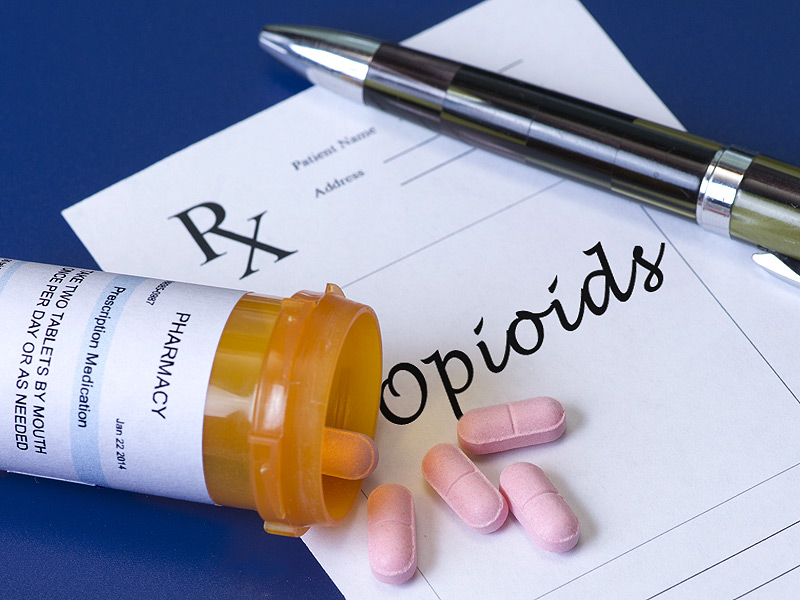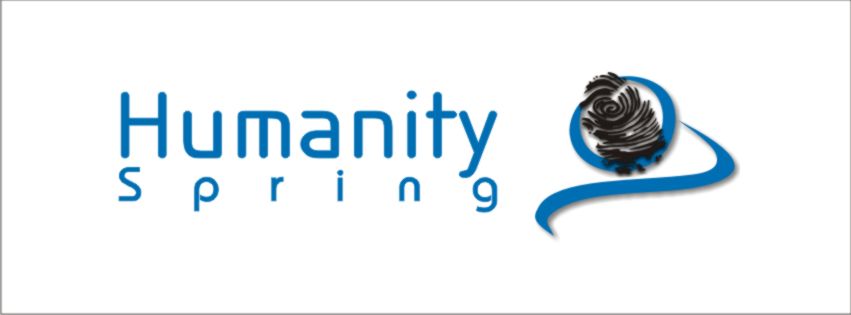
No one should suffer needlessly from pain in the 21st century. More than 50 years after the world agreed (1961 Single Convention on Narcotic Drugs) to make narcotic pain relievers available to everyone in need of it, there is still an extremely large daunting abyss that has defied all efforts to make pain medicines accessible and more agreeable to society. We must bridge this gap by tranquilizing and finishing off all problems that make this impossible.
Going with the impetus garnered from the convention on Narcotic drugs which supports the distribution and provision of pain relieving medicines to people suffering from pain as a result of injury or terminal sickness, governments of the world must address the problem of fear of persecution experienced by health professionals handling opioids such as morphine and codeine by providing adequate training that will not only empower healthcare workers to have more confidence and protection from prosecution but also increase the number of professionals capable of prescribing pain treatment to end users when the need arises.
Currently, it is not that opioids are not available and sufficient for populations but that these opioids which improve the quality of life by reducing pain are being held behind the chains of myths and superstitions-one of such superstitions is that treating pain with opioids will lead to addiction in patients. This is not only untrue, it is callous to purport such claims when no study has proved that it is indeed true. Experts in pain management have carried out studies that prove otherwise. Armed with such information, the chains of superstition and myth should be shattered to deliver these medicines which are necessary for the overall well-being of individuals while bearing in mind that this stands as a fundamental human right which has been ratified and overstated around the world-Everyone has a right to a state of health that permits them to lead fully productive lives. If we treat the medical handling of narcotic treatment like the war on drugs, where are people supposed to obtain relief from the suffering that illnesses and injury has inflicted upon them?
By developing and strengthening the human rights framework to healthcare access (Health for all), we can together overcome the various challenges that have kept us bound far below our state of reason and civilization on this topic of pain treatment. We can and should make sure that no human remains overshadowed by unnecessary pain due to inaccessibility to treatment which is within arm’s reach. We must comb every corner of our world until no such story remains. Until we do that, we will be remembered as savages who cannot leave the shadow of their schadenfreude behind.
Sources: //www.biomedcentral.com/1741-7015/8/8

1 comment
This is a well articulated submission particularly the focus on the right to health. However,to conclude that susceptibility to addiction from long term use of opioids is “mythical and superstitious “is actually a MYTH. As a pharmacologist, I have worked particularly on pain and its management. It is without a doubt opioid analgesics are engineered to interact with the endogenous opiodergic system implicated in the amelioration of pain. This same system is primarily implicated in drug dependency syndrome when the choice of substance of abuse is an opioid. Easily there is a correlation between the management of pain using opioid analgesics and drug dependency syndrome. However,this only occurs in individuals who are result of certain predisposing factors have become susceptible to addiction. More than 40% of the reason why people become susceptible to addiction is genetically predisposed.Other factors include easily overlooked predispositions like history of family neglect, childhood abuse,growing up in marginalized environment and stress in any capacity among many other factors. This makes pain management using opioid analgesics more sensitive than many other areas of healthcare. How do you know an individual who is already susceptible to addiction?what happens when chronic pain patients begin to use their opioid medications to cope with stress?How about we begin to consider providing equally potent alternative medicines that are not opioid based and a lot safer in pain management.Or perhaps advance is personalised medicine where chronic pain patients are managed with a comprehensive inclusion of their history and genetical make up that makes them susceptible to addiction.